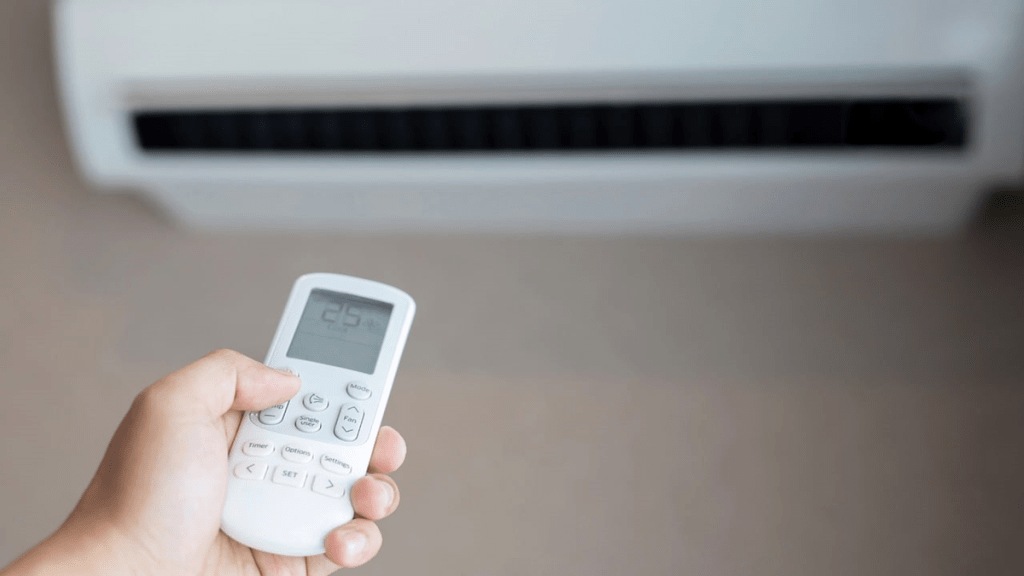With sweltering heat and unbearable humidity, air conditioners (AC) are now important for relief and comfort. Although, ACs make everyday life comfortable, sleeping with them for long hours may harm your health.
According to WebMD, using AC in a building with poor ventilation can raise your risk of “sick building syndrome” which includes symptoms including headaches, dry cough, dizziness and nausea, trouble concentrating, fatigue, and sensitivity to odors.
Here are the 6 side effects of using AC too much:
- Dry skin and eyes: Long-term usage of AC can moisture from the air, creating an environment with low humidity levels. This can leave your skin feeling dry and parched, especially after exposure for eight hours or longer.
- Respiratory complications: To ensure proper cooling of an air-conditioned room, you have to close all the doors and windows. However, inadequate ventilation and continuous air conditioning keep the room filled with stagnant air. This can lead to growth of mold and mildew, which can further exacerbate respiratory problems and cause unpleasant odors.
- Dry cough: The dry air from an AC can irritate the respiratory tract, leading to a persistent dry cough.
- Ear infections: If you are exposed to direct cold air from AC vents, it can affect the ears, leading to discomfort or even pain.
- Fatigue: If you sleep with ACs continuously, your sleep quality can be affected and you may feel groggy and tired, even after a full night’s rest.
- Disruption of core body temperature: Seeping in the AC can cool your body excessively. This can affect its natural temperature regulation mechanisms.
How to use AC properly?
Experts often recommend sleeping within a temperature between 20–25°C of the AC. It is advisable to limit AC usage during sleep to 1-2 hours.

